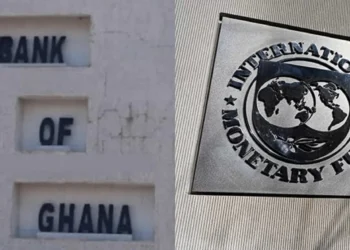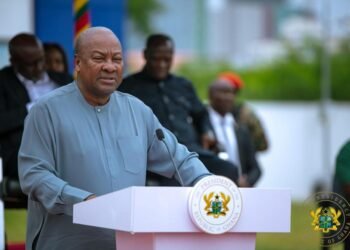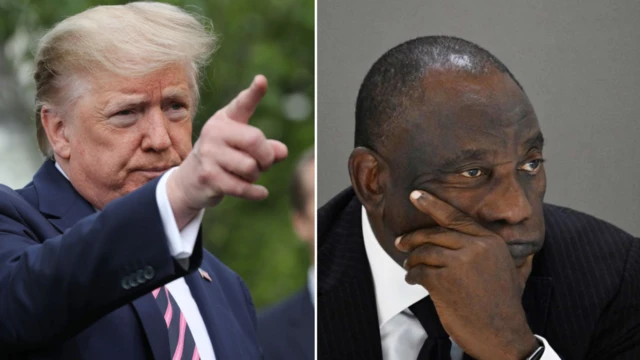The race towards reaching net-zero is fast approaching, and Nigeria’s Vice President, Yemi Osinbajo has urged the region’s economies to chart their own paths to global energy transition.
According to him, this could be done by embracing a fair transition, climate action and future prosperity to accelerate the region’s development pathways.
“The global energy transition must be inclusive, equitable and just, taking into account the different realities of various economies and accommodating various pathways to net-zero by 2050,” Osinbajo indicated.
“So, what is the case for justice, social justice, fairness? What is often not sufficiently considered in thinking through the transition to net-zero emissions is the critical role that energy, in our case gas, plays in catalyzing economic development and supporting people’s health and livelihoods especially in poorer countries.”
Yemi Osinbajo, Nigeria’s Vice President
Yemi Osinbajo made these remarks in his keynote address at the Columbia University’s Global Energy Forum recently.
He further noted that “Nigeria and countries across Africa are committed to a net-zero future, especially given their vulnerability to the adverse effects of climate change.”
“And all have expressed commitment to their national development contributions under the Paris Agreement, however greater support in developing and implementing robust energy transition plans is needed.
“Clearly the continent will require an unprecedented scale of investment. An energy mix compatible with a 1.5 degrees Celsius pathway would require $40billion to flow to Sub-Saharan Africa annually; a fourfold increase compared to the $10billion invested in 2018,” Osinbajo noted.
Just transition within the climate discourse
Climate change is considered among the most pressing and urgent challenge for the achievement of the Sustainable Development Goals (SDGs).
Meanwhile, Jean-Paul Adam, the Director of the Technology, Climate Change and Natural Resources Division of the Economic Commission for Africa (ECA) ‘Just Transition’, is an emerging vogue in the rapidly evolving climate discourse.
Accordingly, he opined that ‘Just Transition’ has gained significant reach in the recent past as countries realign their post-pandemic recovery measures, while also preparing through adoption of increased adaptation commitments for the global climate talks (COP26) designated for Glasgow, UK in November 2021.
“Countries including the US, China, Japan, and large parts of Asia and the EU include gas as a major pillar of their multi-decade decarbonization strategies. [This also] includes actively developing African gas in countries like Mozambique, Ghana, Senegal, and Nigeria for export to Asia and Europe, while limiting financing to gas projects for domestic use in those countries.”
Yemi Osinbajo, Nigeria’s Vice president
According to Todd Moss of the energy think-tank, Energy for Growth Hub, Osinbajo’s remarks are “a major breakthrough in the global conversation about what climate justice and climate action mean for low emitting, energy-poor countries.”
He further indicated that, “reliable energy could support both food supply and the health care sector by providing access to electricity and cooling solutions.
“It is important to consider that a transition to a low carbon economy will impact on existing sectors, and communities. A just transition needs to consider the potential effects stemming from both climate action, and climate inaction, on vulnerable communities,” he averred.
READ ALSO: Set standard regulations for schools- Education watch




















